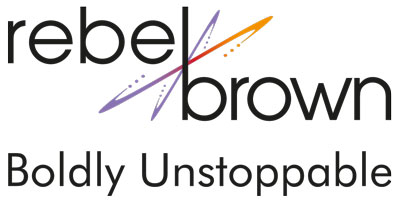The shift to quantum computing is as revolutionary as the shift from an abacus to a traditional computer. That reality requires us to reset our expectations—more so than any other dramatic technology evolution. We’re used to computers providing answers. But a quantum computer doesn’t process like a traditional system. We need to adjust our expectations so that we can embrace the diversity and accuracy of the results we receive.
Quantum computing will provide a hyper-specialized horsepower for analyzing and processing data to solve computationally complex problems. Pilots are taking shape today by using a combination of quantum techniques with traditional machines. Value is becoming tangible even before “pure” quantum becomes a stable and sustainable reality. Models, based on extremely large problems, are already beginning to deliver a vision of the computational value we can expect.
It’s interesting to note the rapid change in perspective from business leaders. In 2020, four of six tech leaders (67%) on the Tech Republic’s CIO Jury said no, when asked if they expected quantum computing to have a significant impact on your industry in the next five years.
Just a year later, a survey commissioned by Classiq Technologies found 98.6% of respondents believe that quantum computing is a necessity and 95.7% believe that quantum computing can bring performance breakthroughs. Surveys from 2022 continue to validate the coming wave.
While only 1% of companies actively budgeted for quantum computing in 2018, according to Gartner, 61.9% of respondents to the 2021 survey report their companies already allocated a budget for quantum computing—just three years later.
Our quantum reality is definitely coming. Sooner than we think.
Trends Driving the Shift Toward Quantum Reality
The technical achievements made in quantum technology and hardware are making headway, along with a variety of businesses exploring use cases.
It wasn’t long ago that predictions of quantum technology in use was forecast out at least 10 years. That’s probably still the case for many “pure” quantum computations and simulations. The advent of hybrid quantum/traditional approaches, and the application of quantum-inspired techniques to traditional computing, accelerate the timeframe for reaping some quantum value.
Vendors are confident enough now to publish roadmaps and corporate professionals are pushing skepticism aside for active exploration of quantum value. BCG estimates that value of $5B to $10B could start accruing to users and providers in the next three to five years.
Practical use cases for hybrid approaches are popping up across a variety of industries that will complement the business processes of today addressed by traditional computers.
Investors are showing their confidence with enthusiasm and could reach a single-year record of $800M invested in 2021, alone. The growth in optimism is evident when you compare that to the $89M invested just five years ago. (analysis by BCG)
Two Simple Perception Shifts
Given the state of development in quantum technologies, uncertainty is a factor early adopters need to embrace. Before hardware can truly support a quantum reality, engineering challenges to overcome include scalability and error correction.
Things are changing fast, yet there is no one clear path to your quantum reality. Not yet.
The truth is that most companies will have their own unique path to quantum value. But waiting for better quantum before that path emerges could cost your company early competitive advantage. Keeping an open, agile, and curious mindset is critical to moving forward.
Quantum will complement, not replace classical computers.
Why? Because the best use of quantum is currently modeling complex calculations, such as solving optimization problems, rather than traditional IT operations like processing database information and transactions, where classical excels. It doesn’t make sense to move functions and process from classical to quantum when it’s not the best machine suited for the task.
Ambiguity in hardware.
There are currently five quantum technologies leading the race: superconductors, ion traps, photonics, quantum dots, and cold atoms. Some receive more attention and funding than others, but none are out of the running. Given that placing a bet now on a specific hardware may be a bigger risk than companies are willing to make, it could be prudent to look first to quantum software.
The Bottom Line
As confidence in quantum technology grows and milestones are achieved, the market will move quickly from exploration to value. BCG is already estimating value across three stages of development, with the first stage reached before 2030, delivering an estimated $5B to $10B in tangible value for end users.
It’s prudent to start now, as the 6 in 10 companies already budgeting for quantum initiatives attest. Exploration is critical to developing a quantum mindset and perspective that allow you to define and embrace your own best path to quantum value. If you wait til quantum is here – you’ll be behind the curve and already losing competitive advantage.
That doesn’t mean you have to run out and spend millions and millions. It does mean it’s time to take your beginner’s mind and begin to explore, learn and evaluate how and when quantum will fuel your business advantage






